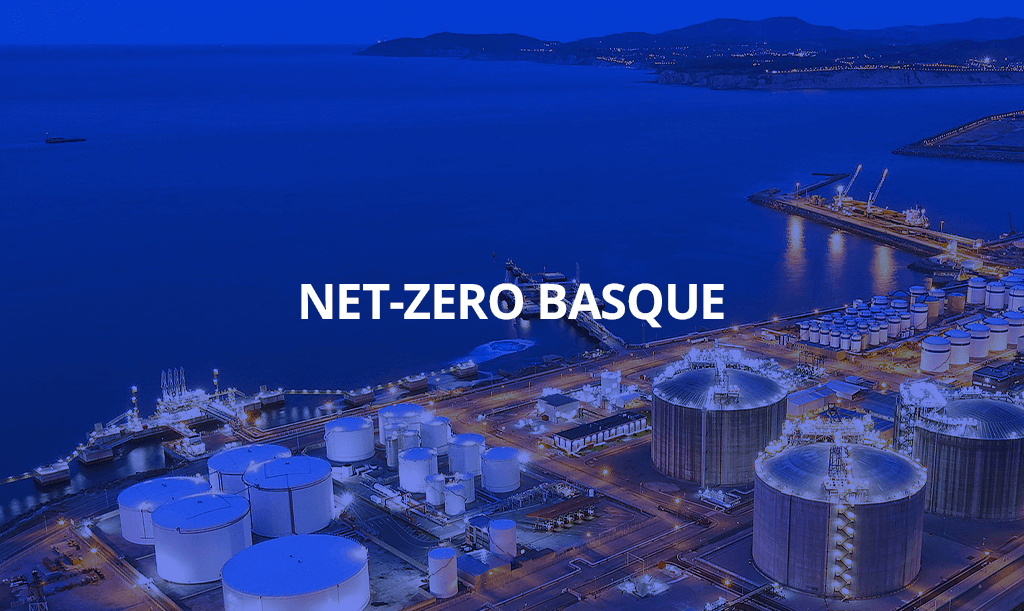Net-Zero Basque Industrial SuperCluster at the EPRI European Workshop Week
SPRI, as the coordinator of the Net-Zero Basque Industrial SuperCluster, has presented the progress made in the defining of the roadmaps for the decarbonisation of the energy intensive Basque industrial sectors.
Cristina Oyón, the SPRI Director of Technology, Innovation and Sustainability, went over the pinpointed measures that require technological development in the session on industrial decarbonisation and electrification during the 7th “EPRI European Workshop Week”. From 14 to 16 March, the main players of the international energy sector gathered there to find the way forward to face the major innovation challenges that the industry is facing in the energy transition up to 2050.
The Supercluster’s participation at the event is thanks to the partnership between SPRI and EPRI. On 5 December, an agreement was signed between SPRI and EPRI to accelerate the process to decarbonise Basque industry as part of the NZBIS initiative. The EPRI President and CEO, Arshad Mansoor, and the Basque Government’s Minister for Economic Development, Sustainability and the Environment, Arantxa Tapia, and the SPRI General Manager, Aitor Urzelai, as the promoter partners of the initiative, along with representatives of the project’s main partners (Petronor, Iberdrola and the Energy Cluster) were all at the signing ceremony.
Thanks to the partnership, EPRI will provide support and the experience of its staff in the US and Europe to work together to identify decarbonisation technology, specifically, regarding electrification, energy efficiency and hydrogen technologies, from an objective and independent perspective.
Net-Zero Basque Industrial SuperCluster (NZBIS) is an initiative promoted by the Basque Government and in conjunction with the two leading energy companies of the Basque Country – Petronor-Repsol and Iberdrola –; its goal is to accelerate the path towards zero net emissions in the Basque Country, by fostering the decarbonisation of the energy supply and energy efficiency in the industrial sectors and by creating market opportunities based on expanding new technologies and innovative services.
Related news
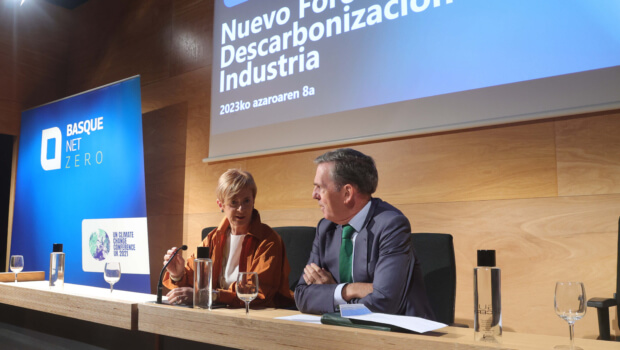
Tapia champions decarbonisation as an “opportunity” for Basque companies
The Net Zero Basque Industrial SuperCluster has presented its results at the new Industry Decarbonisation Forum.
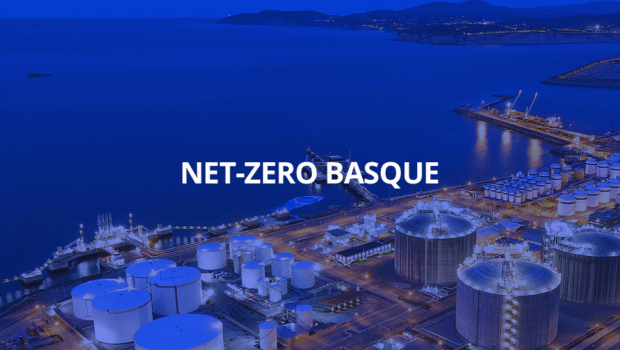
The Industrial Decarbonisation Grant Programme earmarks €10 million for investments in facilities to reduce greenhouse gas
This grant programme will enable investment decisions to be anticipated and the mentoring of the Basque industry so that it continues to be competitive in a European and global context of transition towards climate neutrality.

Net-Zero Basque Industrial SuperCluster at the Global Industrial Clusters Meeting 2023
The SPRI Group's Technology, Innovation and Sustainability Director, Cristina Oyón, spoke at Antwerp about decarbonisation policies in Europe.
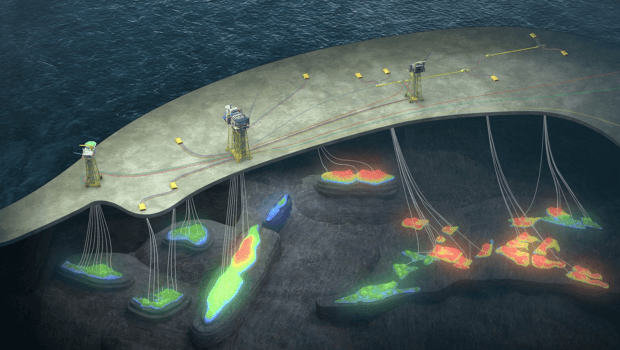
Aker Solutions selects TUBACEX as a delivery partner for umbilical tubes for key projects on the Norwegian Continental Shelf
An order intake for a sum of more than €70 million is one of the most significant deals in the umbilicals market. Solidifying TUBACEX’s technological position as a supplier of advanced industrial solutions for energy and mobility sectors.
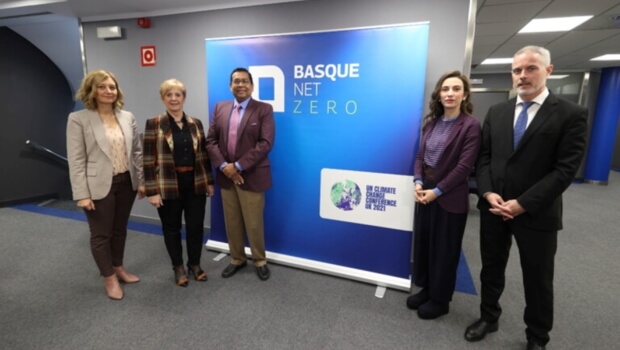
The decarbonisation of Basque industry to now draw on the extensive experience of the US EPRI research centre
Thanks to the agreement between the SPRI Group and EPRI for the joint identification of decarbonisation technologies in the Net-Zero Basque Industrial Super Cluster initiative.
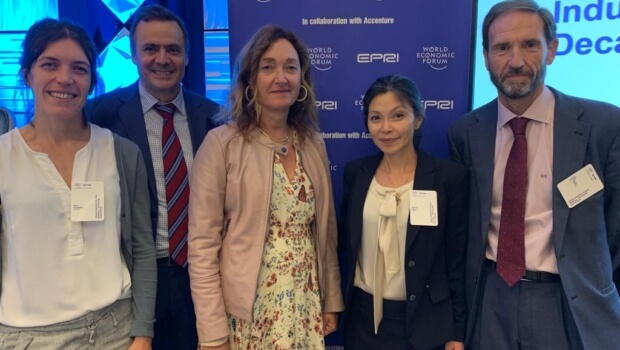
The Basque Country presents the Net-Zero Basque Industrial Super Cluster initiative at the “Technological alliances for decarbonisation” in Houston (USA)
The Net-Zero Basque Industrial Super Cluster is one of the ten regional initiatives invited to form part of the World Economic Forum's project to achieve net zero emissions by 2050.
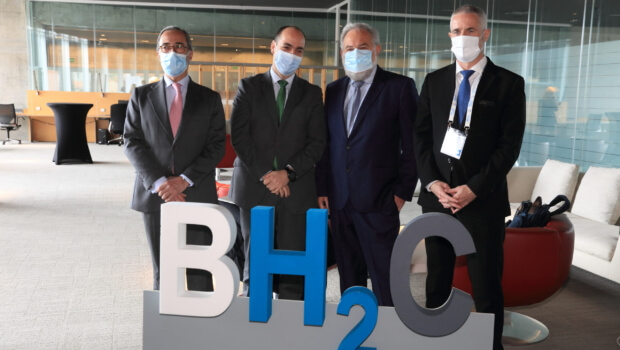
The Basque country hosts the first meeting of the world clusters of the World Economic Forum’s “net-zero emissions” initiative
The World Economic Forum is holding the sessions at the BEC and at the Accenture specialist centre of the Bizkaia Science and Technology Park. Industrial clusters from the United Kingdom, Australia, the Netherlands, Portugal, Italy, Belgium and the USA, along with the Basque Net Zero Industrial Super Cluster are taking...
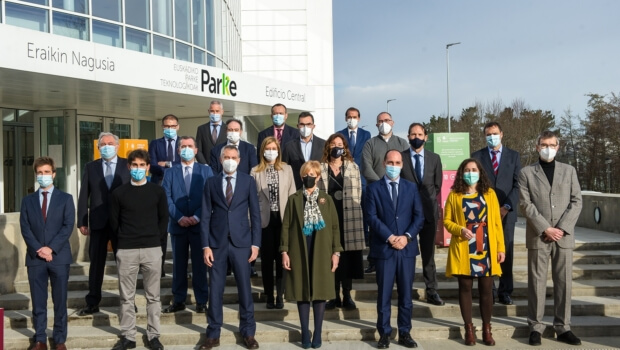
Basque industry launches first phase of actions to achieve net zero emissions
The companies of the Basque Net Zero Industrial Super Cluster, together with Minister Tapia, finalise the work plan focused on the sectors with the highest CO2 emissions in the Basque Country
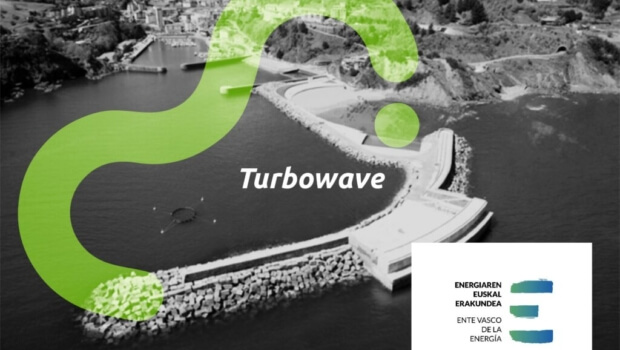
3 February, TurboWave WEBINAR: Public Procurement of innovation for air turbines in the wave energy sector
The final objective is to identify and acquire a cost-effective, reliable and safe system for producing electricity.
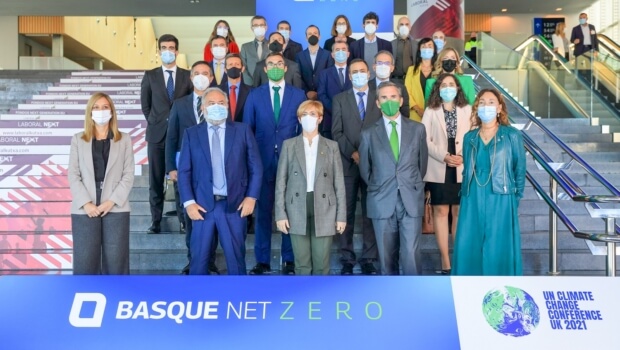
The Basque Country Joins the Global Industrial Alliance at COP26 to Achieve Net Zero Emissions by 2050
Between 2005 and 2020, the Basque Country's business network has managed to reduce its greenhouse gas emission levels by almost 50%

